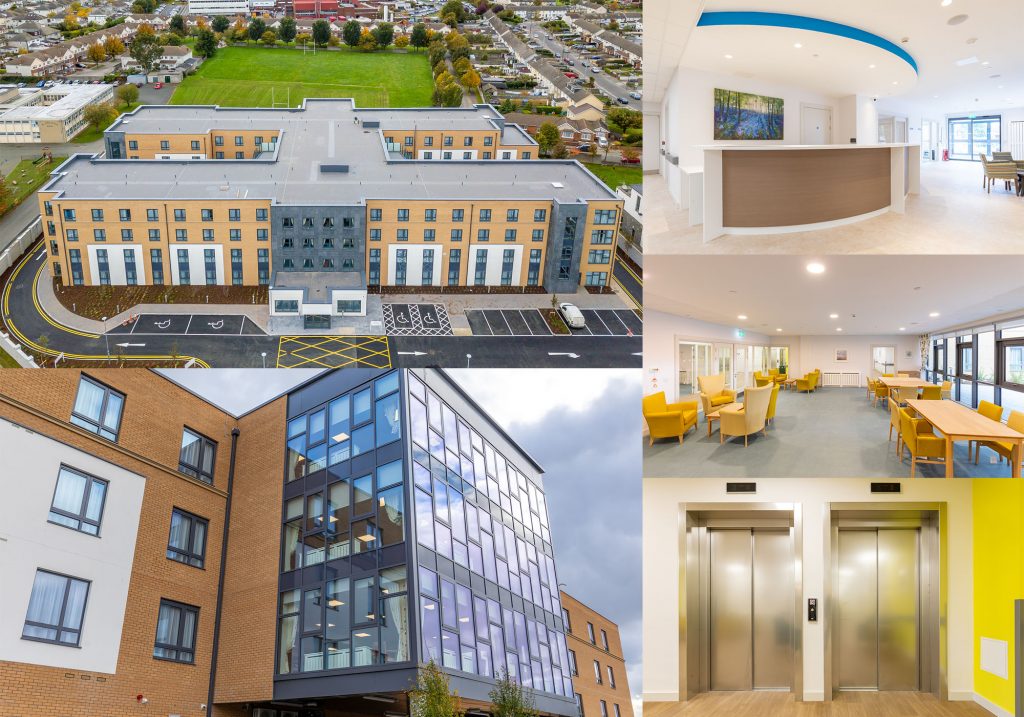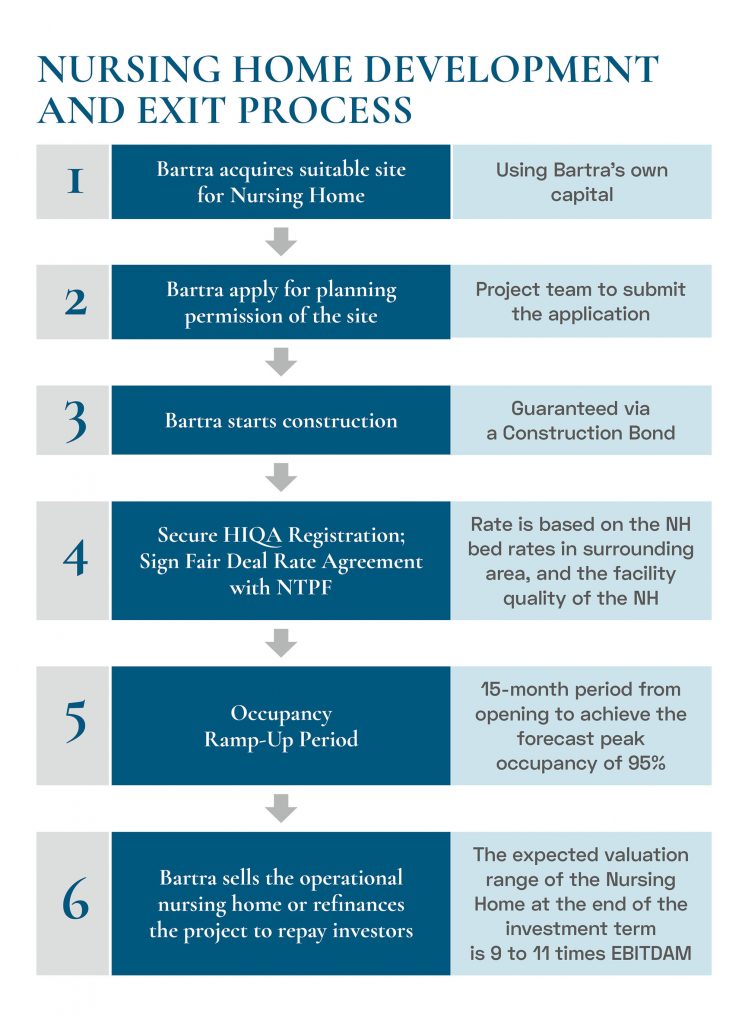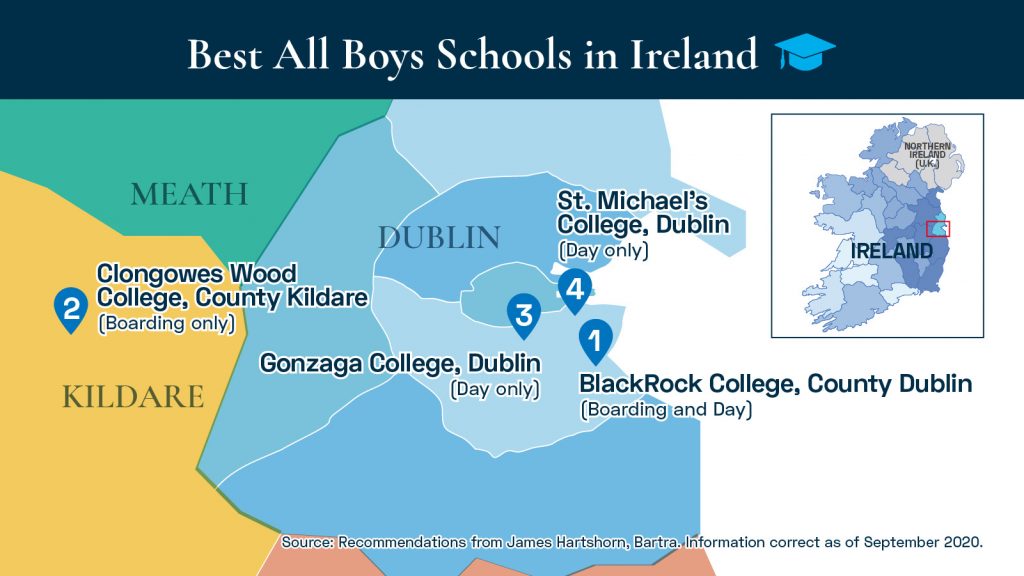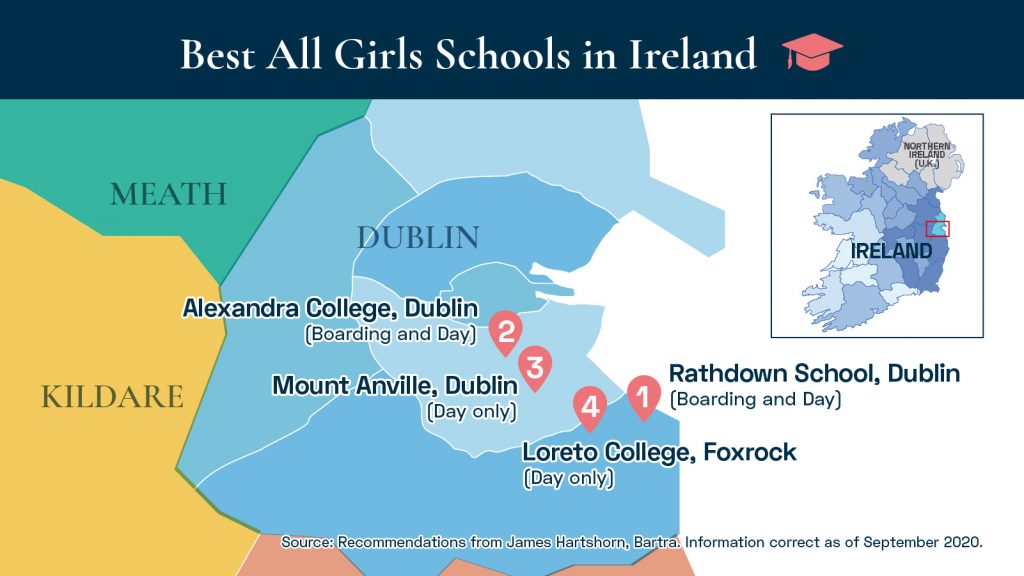There are many reasons to move abroad – education quality, work opportunities, economic stability, to name a few. But before applying for any immigration programme, it’s best to look into the programme details and compare the requirements. Choosing the programme that suits you and your family best is key to a positive immigration journey. But the question is, how do you know whether a programme is a good fit for you and your family?
To explain the differences between immigration programmes, we spoke to our immigration partner Willie Hu, Director of John Hu Migration Consulting, for our Immigration Insights with Bartra Wealth Advisors series. Having worked in the immigration industry for years, Willie is experienced in suggesting the most suitable programme according to a client’s needs and immigration objectives. Watch the latest episode of Immigration Insights, where Willie talks to our Regional Director Jeffrey Ling about the different immigration programmes and provides some advice for families considering moving abroad.
Immigration Options
Moving to another country is exciting and life-changing, but it takes a lot of evaluation and a concrete action plan to make it happen. To start with, you need to understand different immigration programmes and what each require. While there is a variety of immigration programmes in the market, they can be categorised into three main types:
1. Skilled migration
2. Business/entrepreneur migration
3. Investment migration
Skilled migration
Skilled migration programmes are designed to attract migrants who can potentially make a significant contribution to the country’s economy. As skilled migrants have a high participation rate in the workforce, they serve as a driving force of economic growth, which results in the creation of more jobs. Skilled migration programmes are typically points-based and the points assessment is based on age, qualifications, English proficiency, and years of working experience.
Popular countries offering skilled migration programmes include Australia, Canada and New Zealand where occupations such as health workers, engineers and IT professionals are preferred.


Business/entrepreneur migration
Business/entrepreneur migration programmes are designed to attract entrepreneurial talents and foreign direct investment (FDI). They are positioned to target migrants that have a demonstrated history of success in innovation, investment and business. These programmes require the applicant to make a certain amount of investment and to create new jobs in the target country, which in turn contribute to the country’s economic growth and workforce.
A wide variety of countries offer business/entrepreneur migration programmes including Australia, Canada, Japan, Portugal, Singapore and the UK.


Investment migration
Investment migration programmes allow individuals to obtain residency status in return for investment in their host countries, and some may ultimately lead to citizenship. Investment options and programme frameworks vary depending on the needs of the country, but the investments are usually in the form of real estate purchases, endowments to national projects or business investments.
Both investment migration and business/entrepreneur migration require investments in the target country. The biggest difference is that the former is passive in nature, meaning individuals are not required to establish or actively manage a business.


How to choose an immigration programme
On gaining an understanding of the different types of immigration programmes, there are three questions to ask when selecting the most suitable programme for you and your family:
1. How much risk are you willing to take?
For professionals, skilled migration is undoubtedly the safest option. However, being typically points-based, age, qualifications and language proficiency will all be taken into account during application. It is worth noting that your occupation score also differs from country to country based on national needs. Therefore, success is not guaranteed when it comes to skilled migration, and it is essential to study the scoring criteria carefully prior to application.
If you are interested in running a business and are confident in your entrepreneurial skills, then business/entrepreneur migration might be a good choice. Nevertheless, running any business is a task in risk management. Risks arise from uncertainty about various aspects of the business, from customer preferences to competition and economic performance. The entrepreneur needs to be aware of the risk that one might confront when running the business. If your business fails, it might also affect your resident status. “Applicants need to understand the local market. Even if a person is a successful business person in a certain country, this doesn’t mean they will succeed overseas,” says Willie.


For investment migration, applicants can generally obtain resident status by providing capital funds for designated investments. If the investment is in equity, it is key to understand the underlying assets and associated downside risks and payoff. As for debt investment, it’s all about credit risk. The risk profile can be evaluated through due diligence; for example, what are the backgrounds of the management team? What is their track record? Is the debt collateralised or uncollateralised? What is the seniority ranking of the debt?
Aside from financial risks, there are a number of other risk factors common to immigration programmes. We have put together a list of some of these in our blog “How to assess risks of immigration investor programmes?”.
2. Do you want to eventually become a permanent resident or citizen?
There are generally three types of resident status: temporary residents, permanent residents and citizens. The most significant difference between temporary residents and permanent residents is the duration of stay. Temporary resident visa holders are permitted to reside for a limited period of time with restricted working conditions, meaning they are required to either leave the country or apply for another visa before the expiration date, while permanent resident visas provide more rights to the visa holder, such as residency, medical, education, etc. Citizens of a certain country have the right to vote and are eligible for a passport.
If your ultimate goal is to become a permanent resident or citizen of the target country, then you are advised to pay attention to the visa or permit types that different programmes offer, as some may be issued in the form of a temporary resident visa without the right to access local benefits.


3. Do you want to become a tax resident in the target country?
Hong Kong is known for its simple, low-rate tax system where no tax is levied on profits arising abroad, even if they are remitted to Hong Kong. In contrast, the tax regimes of the major immigration destinations, such as the UK and Canada, are often considerably more complicated and the rates are generally much higher. Compared to Hong Kong, where the tax code is a mere 276 pages long, the UK tax code spans more than 17,000 pages. Therefore, it is crucial to plan early to keep your tax affairs in order.
In most countries, the tax liability of an individual is determined by their period of stay and whether they are domiciled. Taking Ireland as an example, you are considered a resident for tax purposes and become liable to Irish taxes only if you stay in the country for a total of 183 days or more in a tax year. Therefore, Investment migration programmes are popular amongst high-net-worth individuals as they often offer greater flexibility around residency requirements.
Under the Irish Immigrant Investor Programme (IIP), the minimum stay is only one day per year. Investors can decide whether to become a tax resident in Ireland depending on their situation and maintain resident status without moving to Ireland.
Check out more Irish tax planning tips in our blog “Practical tips on Irish tax to get your finances in order before moving to Ireland“.
Summary
Fully understanding your immigration options and thoroughly evaluating the risk factors of a programme are very important prior to making any decisions. Before you begin navigating all the different visas available, make sure you are clear about what your immigration objective is and seek professional advice.
At Bartra Wealth Advisors we pride ourselves on delivering streamlined, in-group, end-to-end Irish immigration services. For any questions about Irish immigration, click here to contact our advisors.








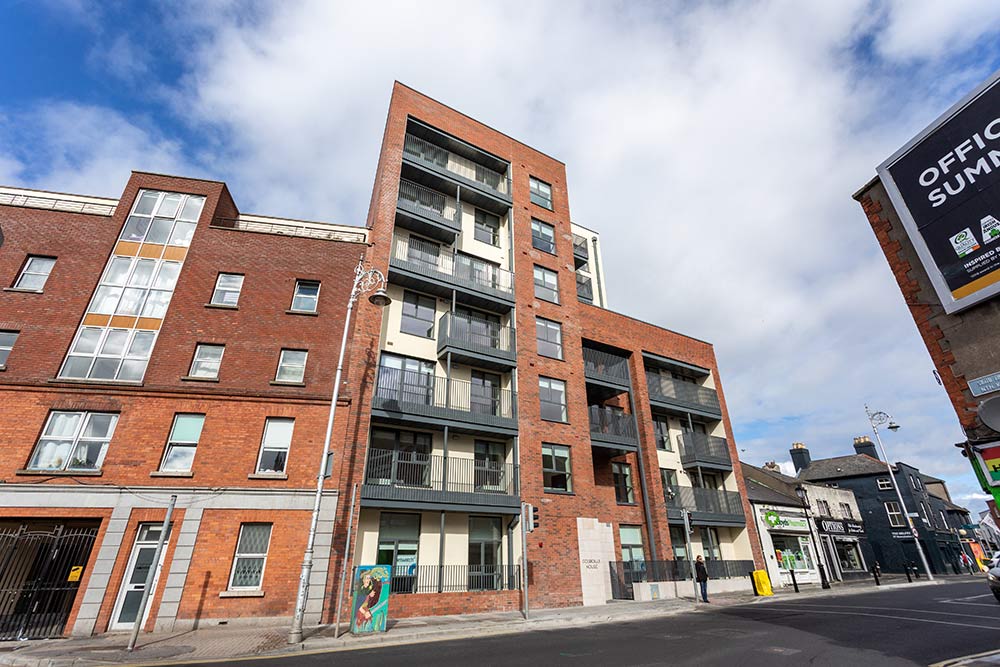
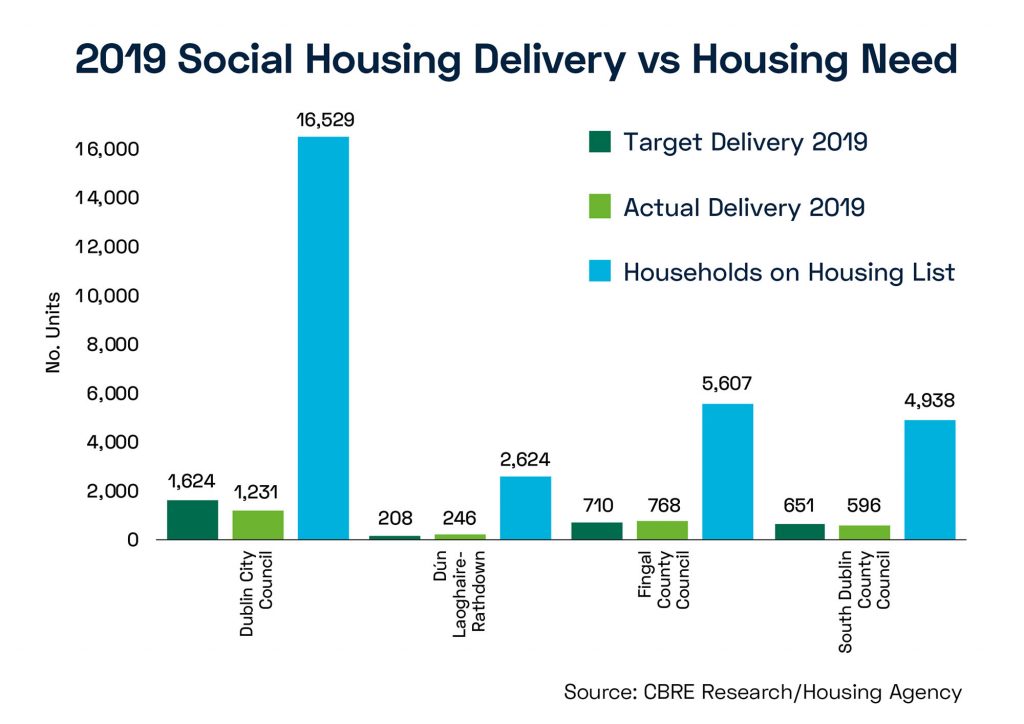
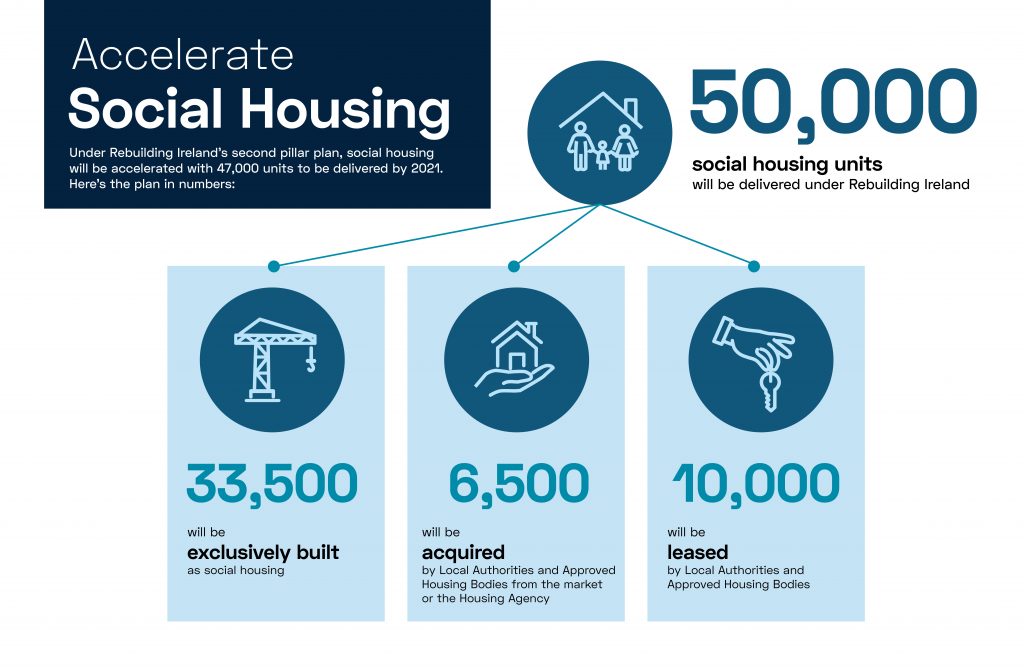
EN-964x1024.jpg)
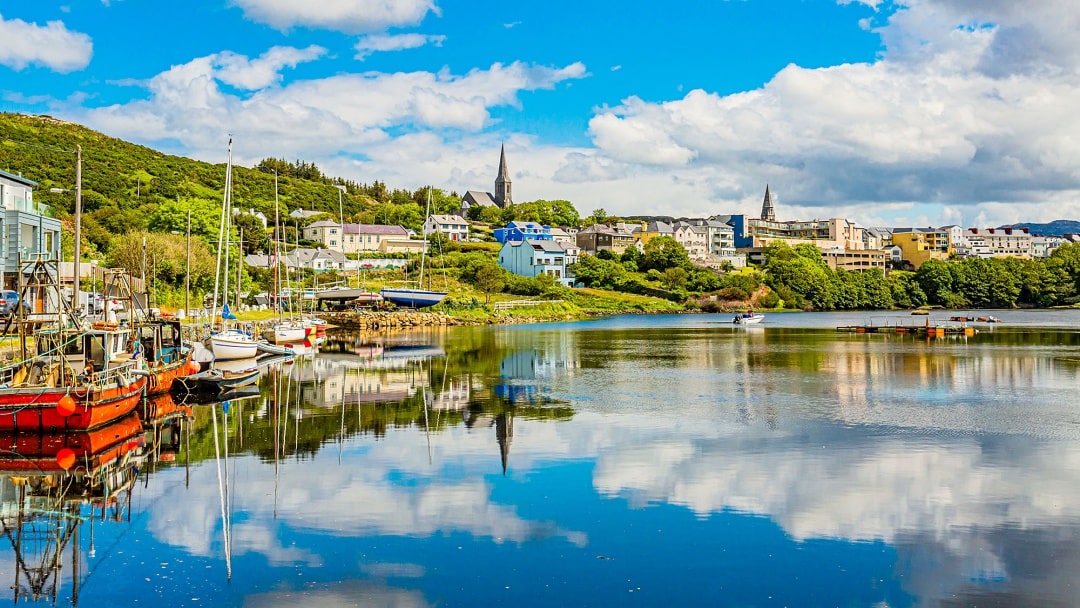

-1024x384.jpg)

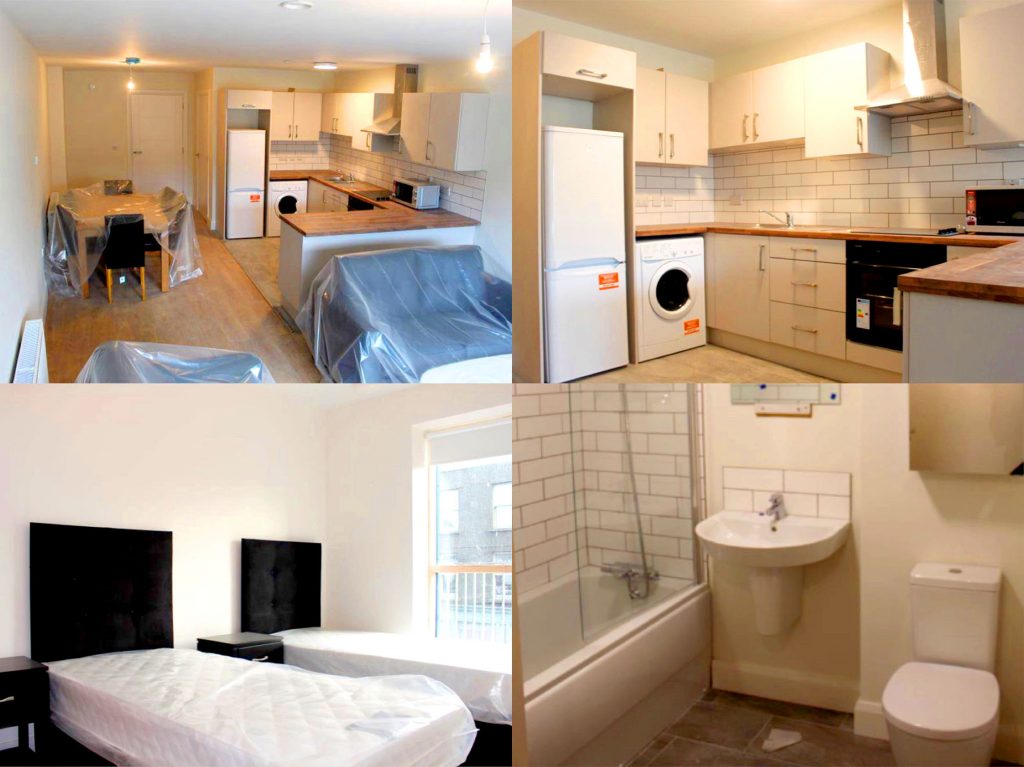

-1005x1024.jpg)



